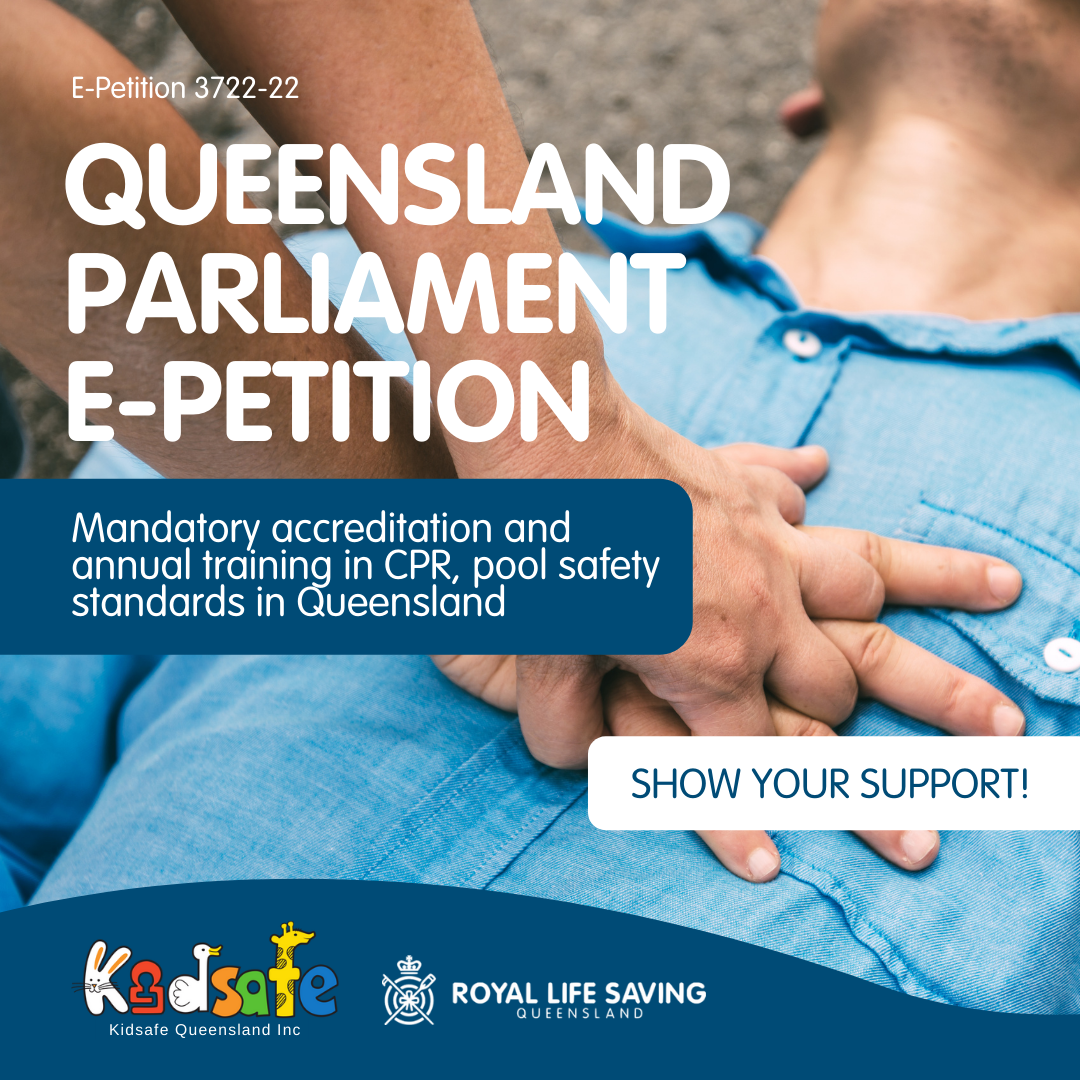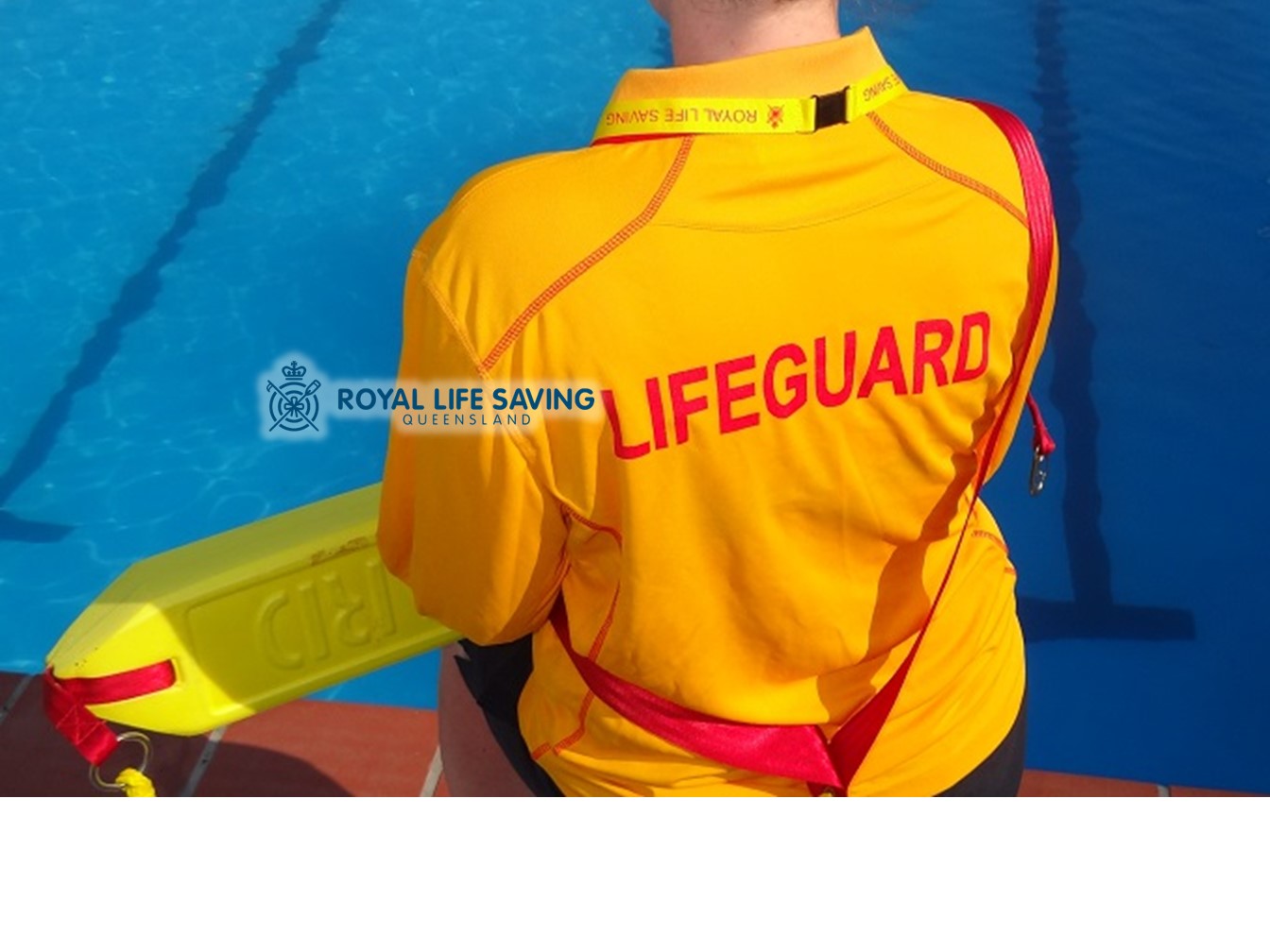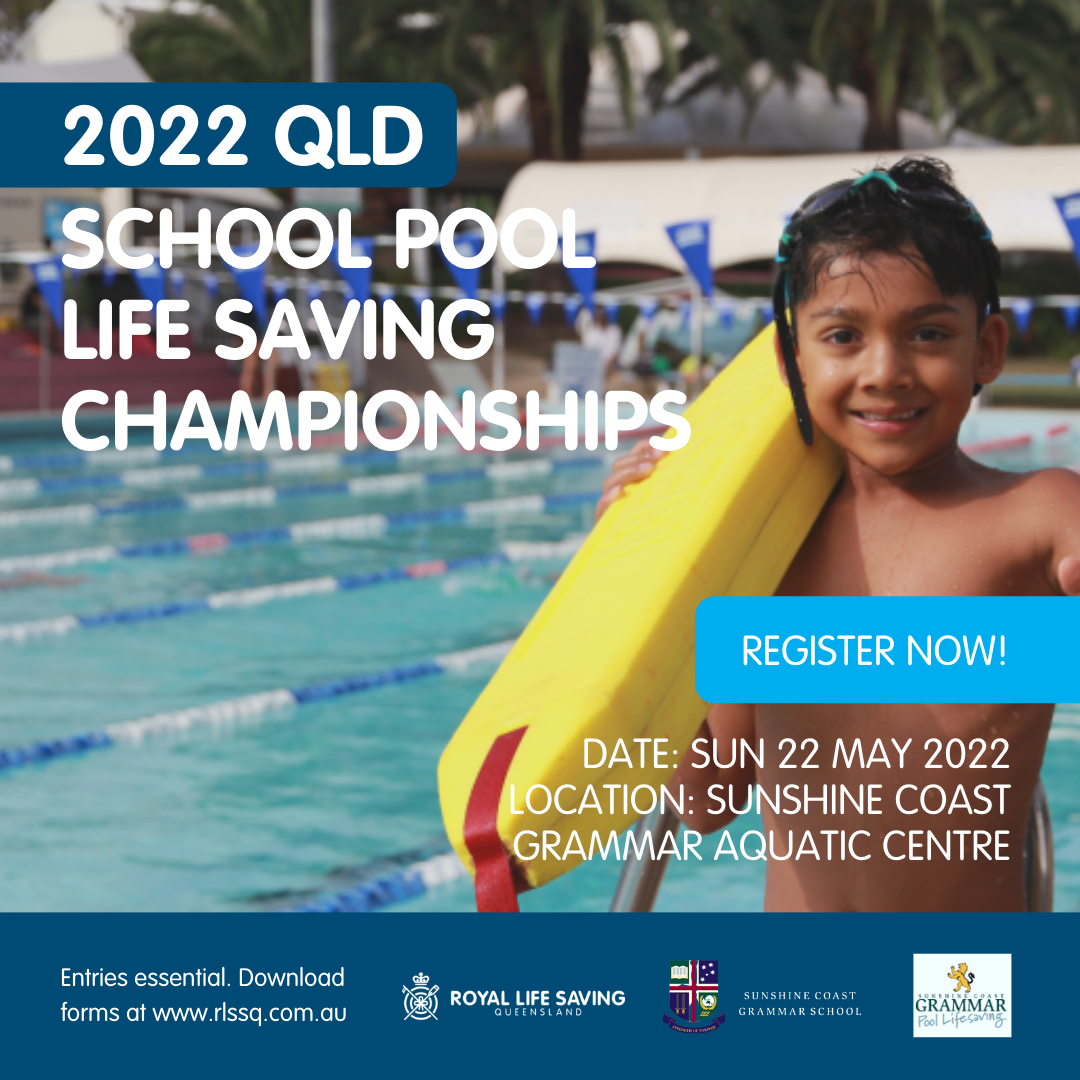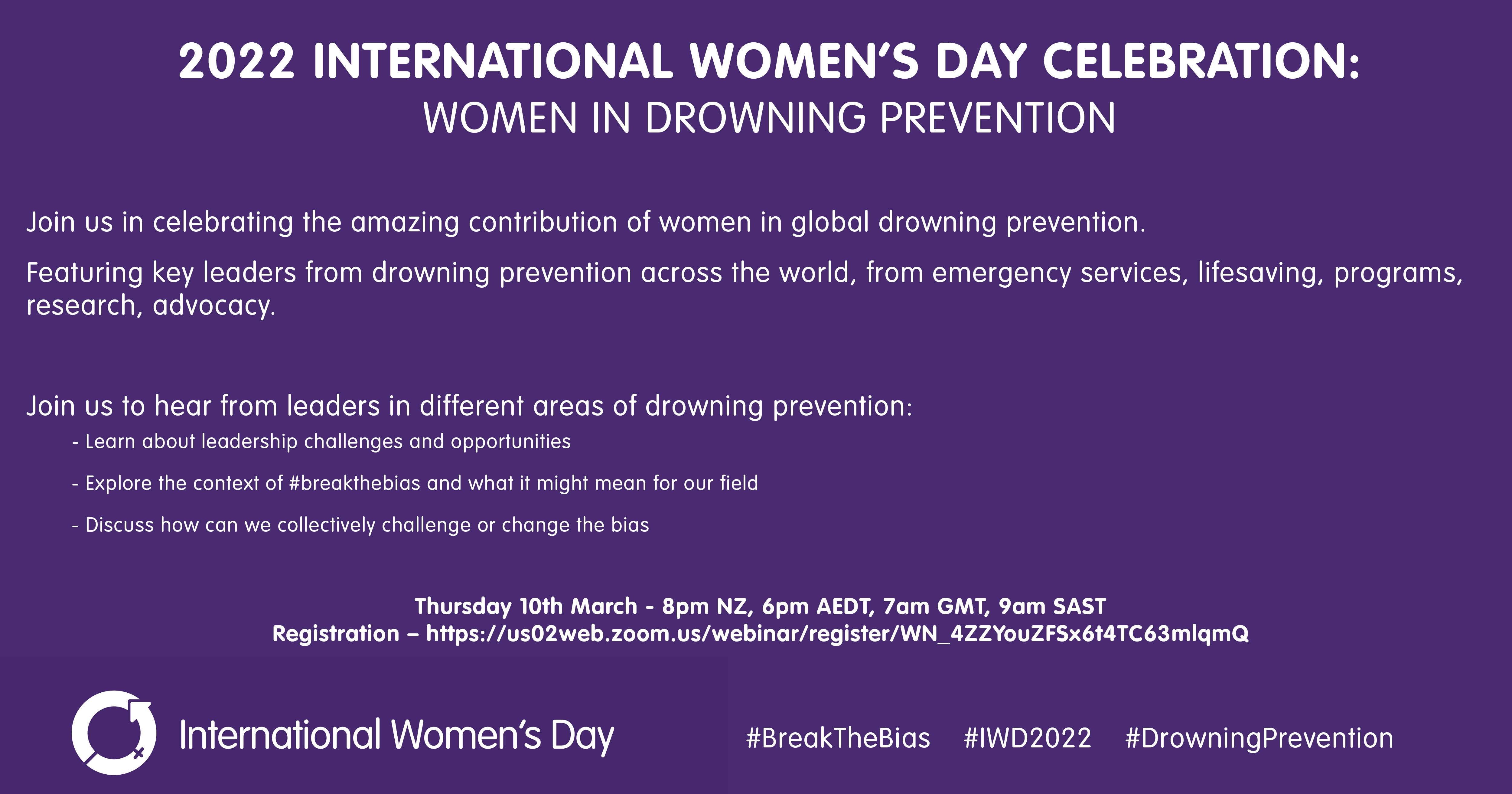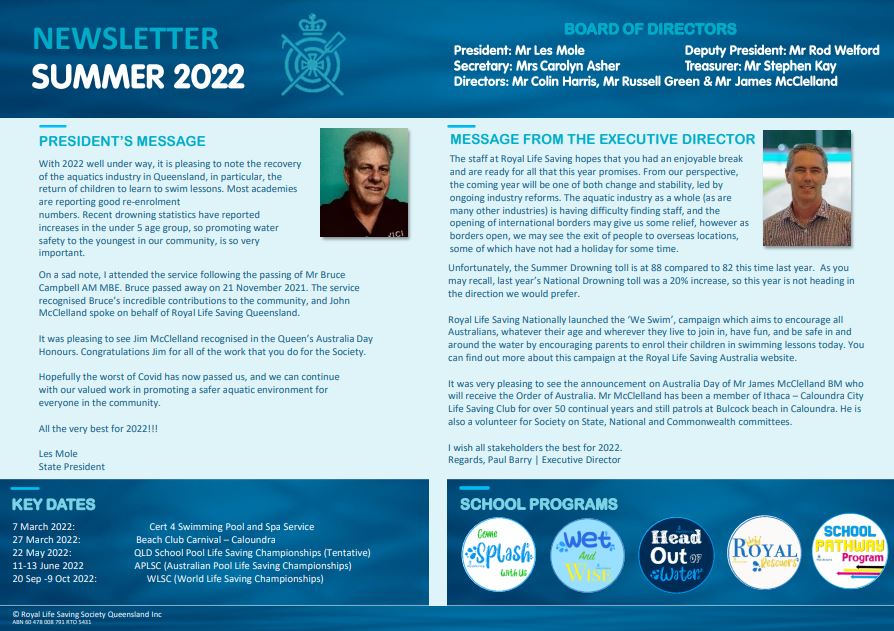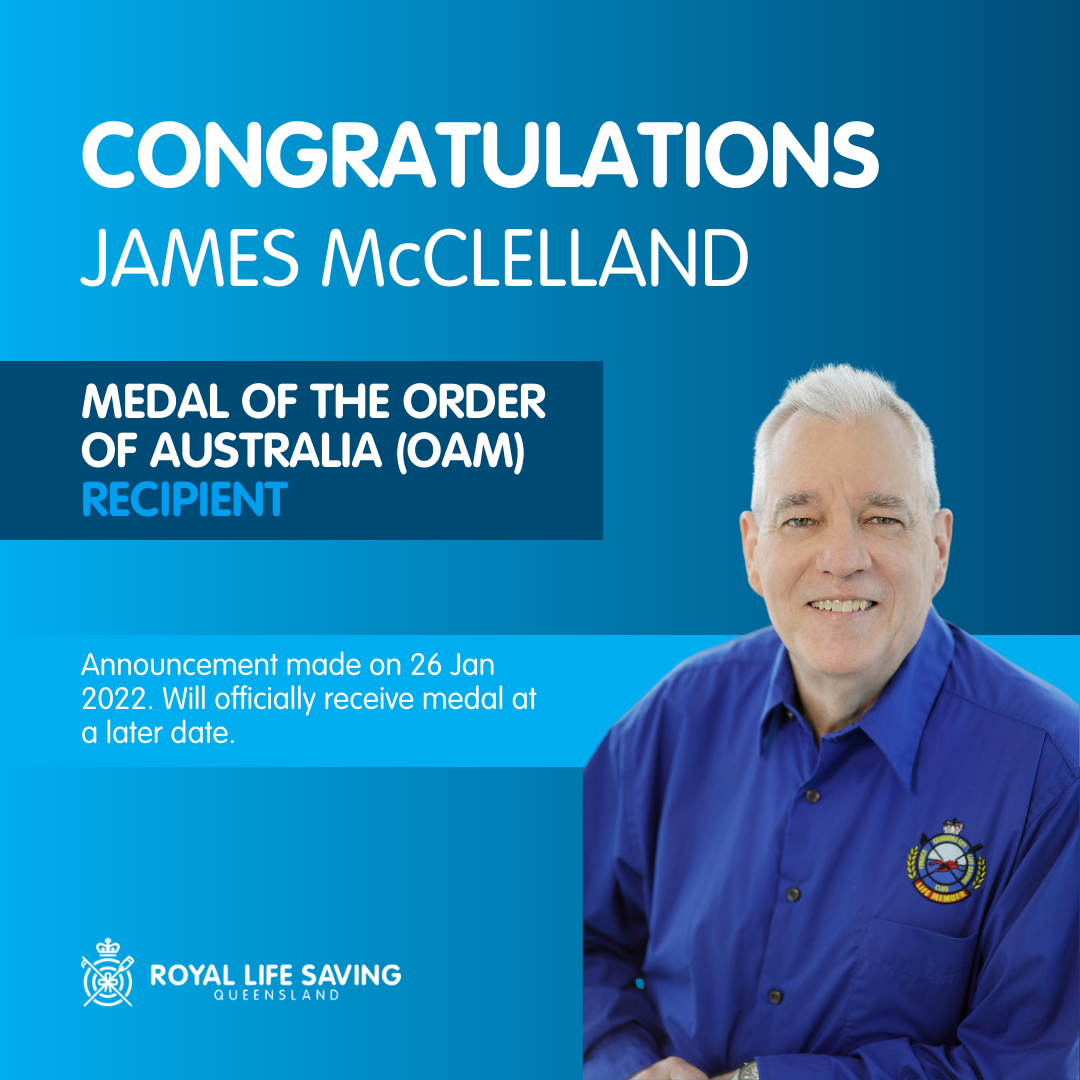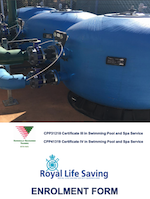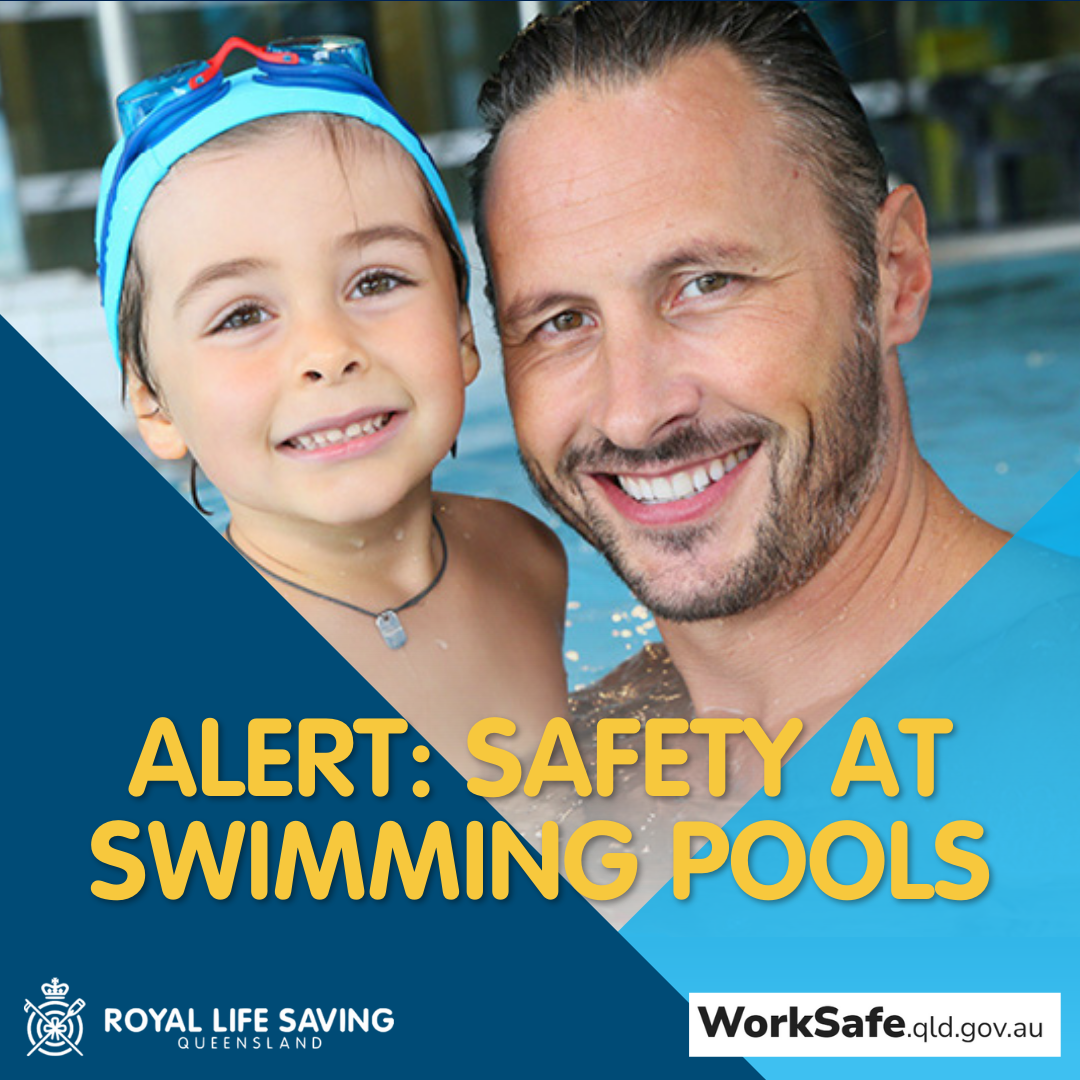JAMES ‘JIM’ MCCLELLAND BM HAS BEEN RECOGNISED WITH A MEDAL OF THE ORDER OF AUSTRALIA
Decades of dedication to his community and lifesaving by Royal Life Saving Society – Queensland member James ‘Jim’ McClelland BM has been recognised with a Medal of the Order of Australia in the Australia Day 2022 Honours List.
Since his initial involvement in 1971 as a member of the Ithaca-Caloundra City Life Saving Club, Mr McClelland has volunteered thousands of hours to the organisation as a lifesaver, historian and committee member.
Across his 60 years of service, his lifesaving skills have saved thousands of lives, with Mr McClelland volunteering more than 300 hours to patrols in the 2020-21 season alone.
Long-standing Royal Life Saving Queensland Board Member and President Mr Les Mole said Mr McClelland’s work has excelled across club, State and National levels.
“As well as being an active patrolling member on the Sunshine Coast, Jim is on the State Board of Directors, and the Honours and Finance Committees for the National Association,” Mr Mole said.
To celebrate the 125th anniversary of Royal Life Saving in Australia, Mr McClelland wrote and published two history books, researching, writing, compiling and designing the books. The first titled The Bronze Medallion & Lifesaving Story (2016) and Numismatic History of the Royal Life Saving Society-Australia (2017), he provided these books free of charge to libraries and has made the books freely downloadable online.
At Commonwealth Level (RLSS-Commonwealth), Mr McClelland has been a member of the Commonwealth Heritage Working Group since the group’s formation in 2017. In this group he uses his skills and enthusiasm for research and achieving to build on the society historical collection.
Royal Life Saving Society – Australia Chief Executive Officer, Justin Scarr said Mr McClelland exemplified the spirit of life saving.
“This honour is fitting recognition for the countless of hours of service he has given to his community,” Mr Scarr said.
“We are delighted to see his hard work and dedication recognised formally.”
Mr McClelland has received Royal Life Saving Society Honours, with the highest at each level being:
Life Member of the Ithaca-Caloundra City Life Saving Club, Life Member of RLSS-Queensland Companion of RLSS-Australia, and Bar to Service Cross of RLSS-Commonwealth.


